The Appalachian Trail is the most famous and perhaps the most beloved long-distance trail in the world. Affectionately called the “Green Tunnel” for its dense, leafy green forest canopy in spring, summer and early fall, countless hikers from far and wide flock to the trail for recreational enjoyment. Many visit for a few hours, others for several days and even weeks, while some trek the entire 2,198-mile distance between Georgia and Maine over many months.
Mills Kelly is a professor of history and former executive director of the Roy Rosenzweig Center for History and New Media at George Mason University in Fairfax, Virginia. Kelly is an enthusiastic hiker with a particular affinity for the Appalachian Trail and its rich history, a topic he has researched and written about since 2016. In 2019, Kelly’s investigative work led to developing “The Green Tunnel” podcast, now one of the most popular digital audio programs in the U.S.
Hosted by Kelly, “The Green Tunnel” delves into the history and culture of the celebrated Appalachian Trail, which has been an important part of the American fabric since it was proposed by forester, planner and conservationist Benton MacKaye in his 1921 article, “The Appalachian Trail: An Experiment in Regional Planning.” Incredibly, the Appalachian Trail was completed just 16 years later, the final 2 miles being cut near Maine’s Sugarloaf Mountain.
“We’re so proud of the work we’re doing. We’re appreciative of our audience and happy that people are enjoying the show,” said Kelly. “Podcasts like ‘The Green Tunnel’ allow historians like me an important opportunity to speak to the public in a very personal way. We’re able to convey historical knowledge in an accessible manner.”
MacKaye’s original concept for the Appalachian Trail was about getting city people out into the woods to breathe the fresh air and reap the benefits of quality time spent recreating in the mountains. “The trail’s appeal, its magnetism, is still rooted in this ideal that people want more nature, more wild in their lives, especially as the world becomes more technological,” noted Kelly. It’s little wonder then that ‘The Green Tunnel’ podcast has become so popular.
Now in its third season, there are more than 40 episodes of The Green Tunnel available for download from Apple Podcasts, Spotify and a variety of other such apps. You can also find it online at r2studios.org. The first season explores the 100-year history of the trail, while the second season takes a look at the many faces and facets of the people associated with the trail. The current season focuses on the trail’s natural history.
The range of trail topics is remarkable. You’ll learn about shelters and hostels as community gathering places, hiker trash (the problem of the real stuff, not the smelly individuals), hiker food (macaroni and cheese to freeze-dried meals), the many dangers (bears, snakes, lightning, ticks), pooping on the trail (“Crappalachian Trail” is the episode name. How fun is that?), and, of course, the perennial favorite: gear.

Settlers were uprooted from their homes to make way for Shenadoah National Park, which the Appalachian Trail passes through for 105 miles. Carey Kish photo
There’s the heart wrenching story of the people uprooted from their homes during the creation of Shenandoah National Park, how women helped shape the trail, the Indigenous peoples and their lands the trail traverses, hiker motivations, the increasing diversity of trail users, the comeback of the American chestnut tree, the role of the Civilian Conservation Corps in early trail building efforts, and the geology of the Appalachian Mountains.
In addition to the full-length episodes (generally 25-40 minutes), there are “shorts” of anywhere from 8-15 minutes that take you to iconic locations up and down the AT, places like Charlie’s Bunion in the Smokies, McAfee Knob in Virginia, Mount Greylock in Massachusetts, and the trail towns of Damascus, Virginia, and Monson, Maine.
The episodes are narrative style (“we’re telling a story,” Kelly said), and each is a collaborative effort of faculty, staff, undergraduate and graduate students, who do the research, writing and editing. Mills does the interviews, which are spliced into the narrative. There’s more editing, and then it’s put into audio. Interestingly, for every minute of podcast, there’s roughly an hour of production time. The quality is evident.
From ardent hikers to armchair adventurers, if you’re a fan of the Appalachian Trail, it’s a good bet you’re going to love listening to “The Green Tunnel” podcast. You might also want to check out Kelly’s fascinating new book, “Virginia’s Lost Appalachian Trail.”
Carey Kish of Mount Desert Island, a two-time AT thru-hiker and MATC trail maintainer, is a big fan of The Green Tunnel podcast. Connect with Carey at maineoutdoors@aol.com, on Facebook and on Instagram @careykish.
Copy the Story LinkSend questions/comments to the editors.

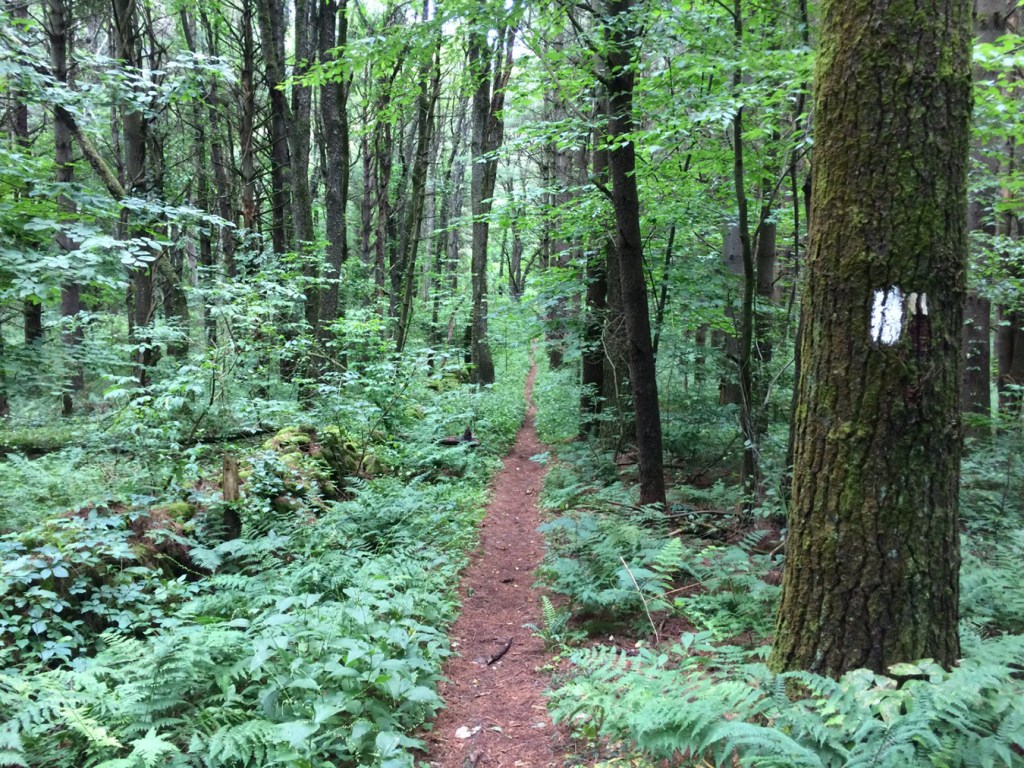
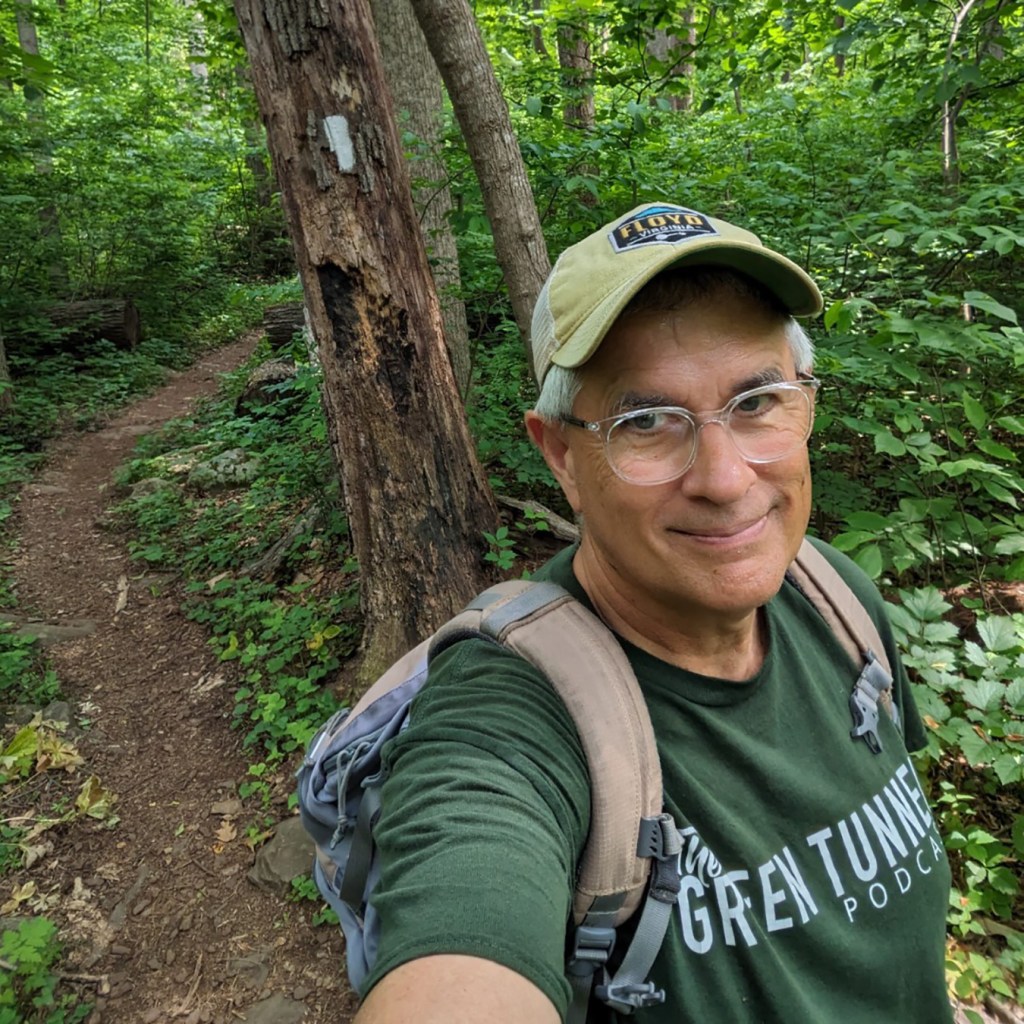
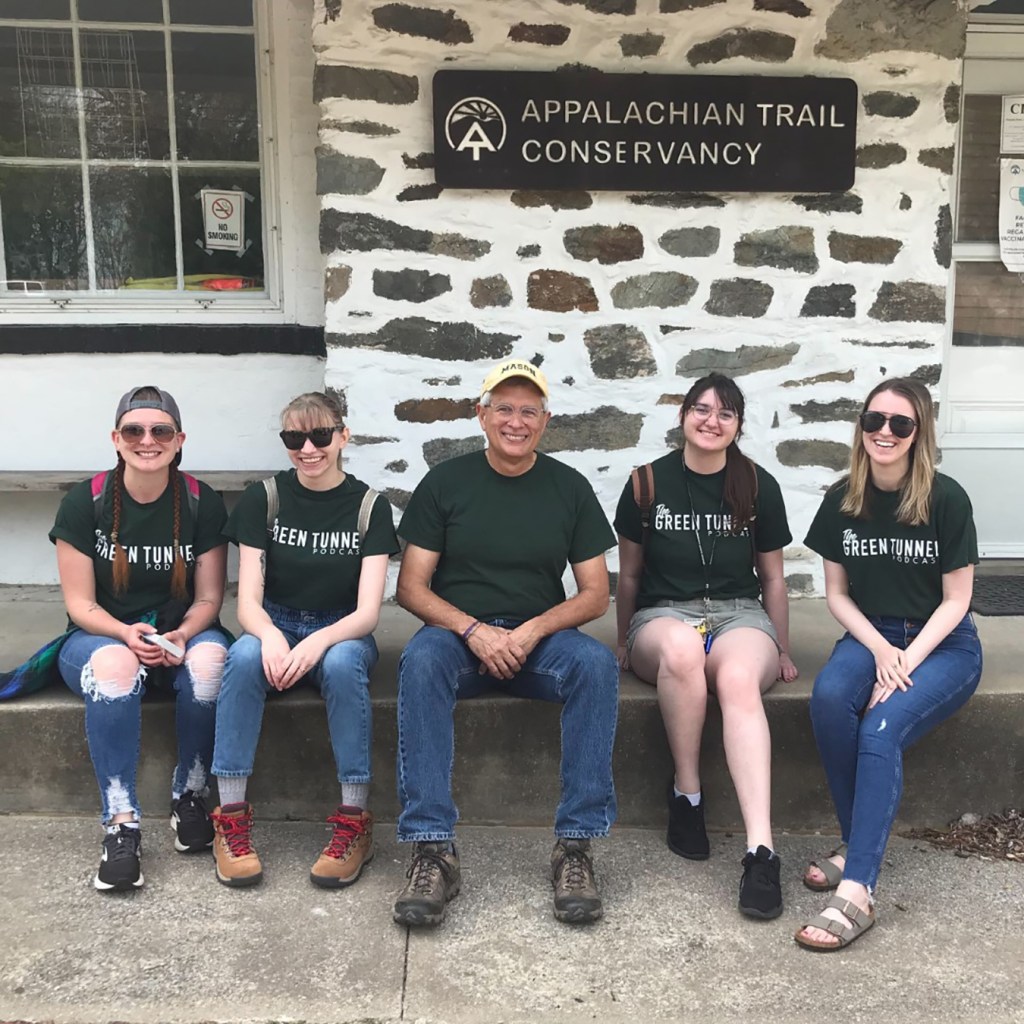
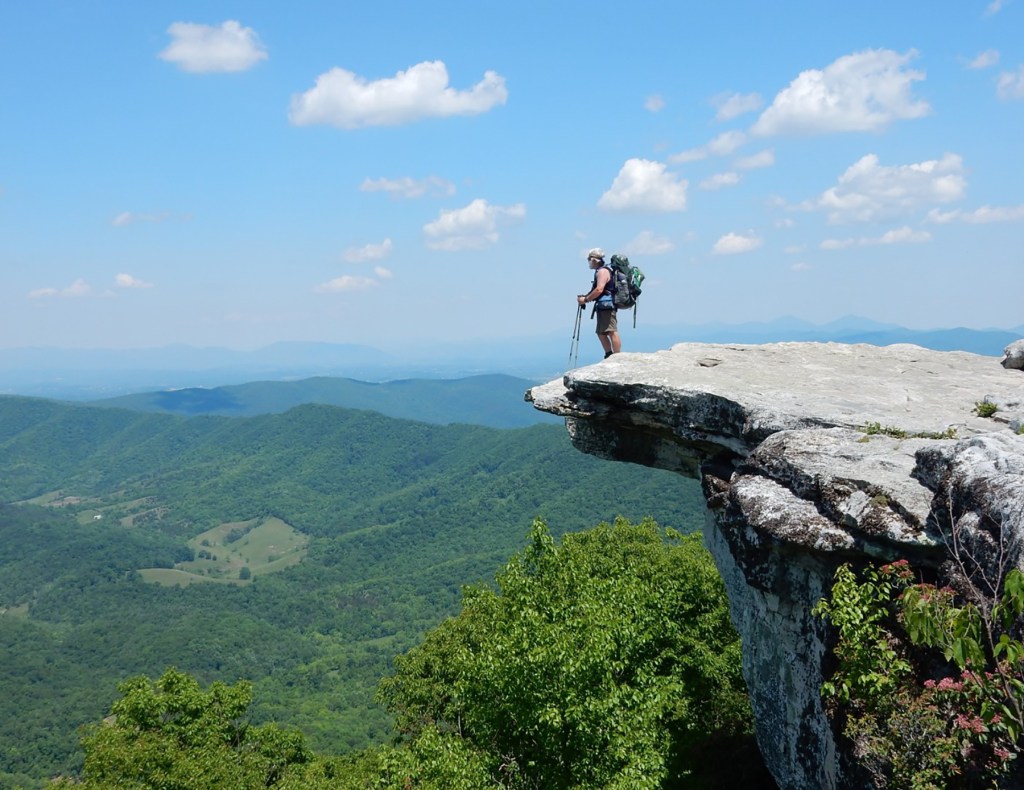
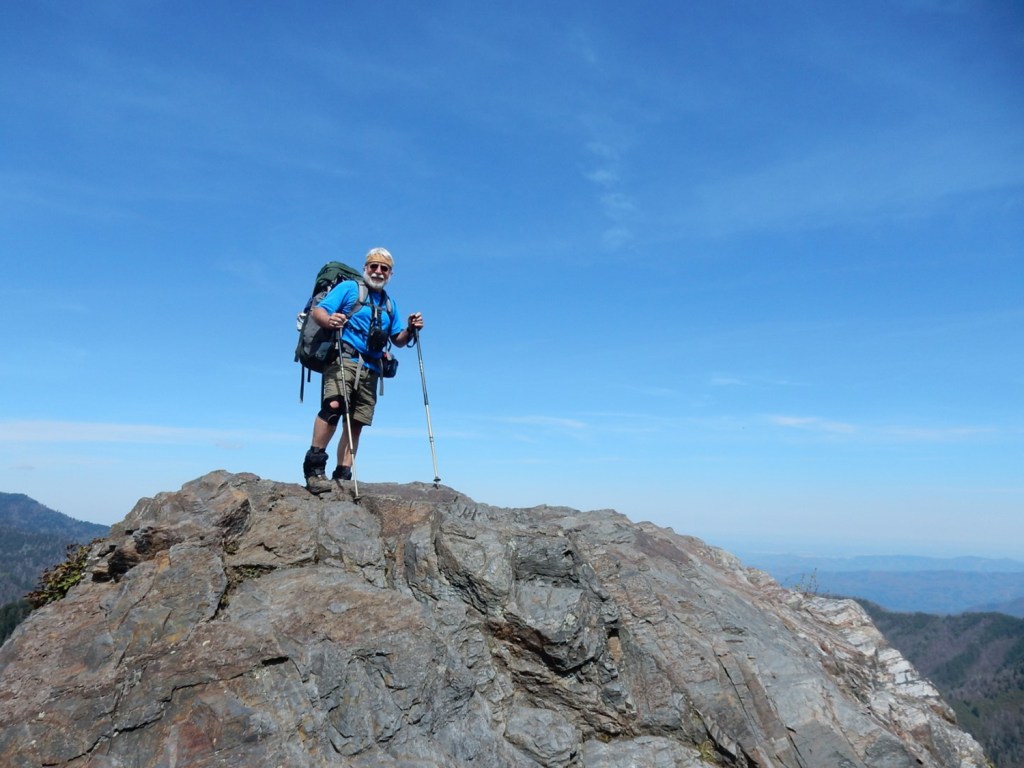
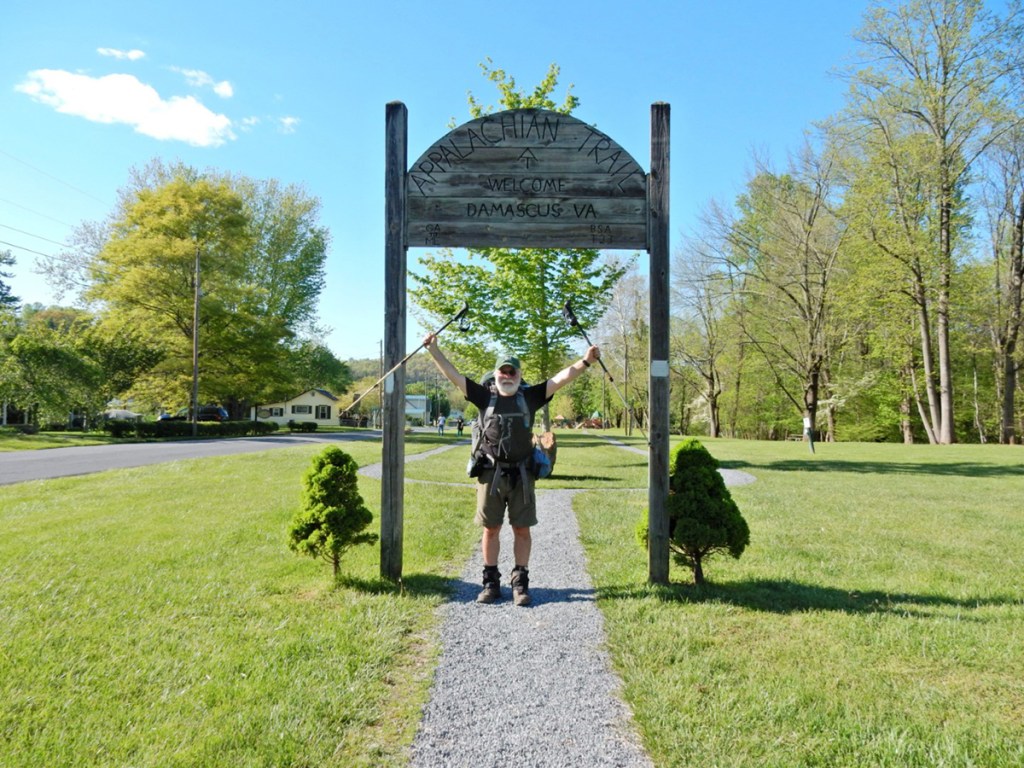
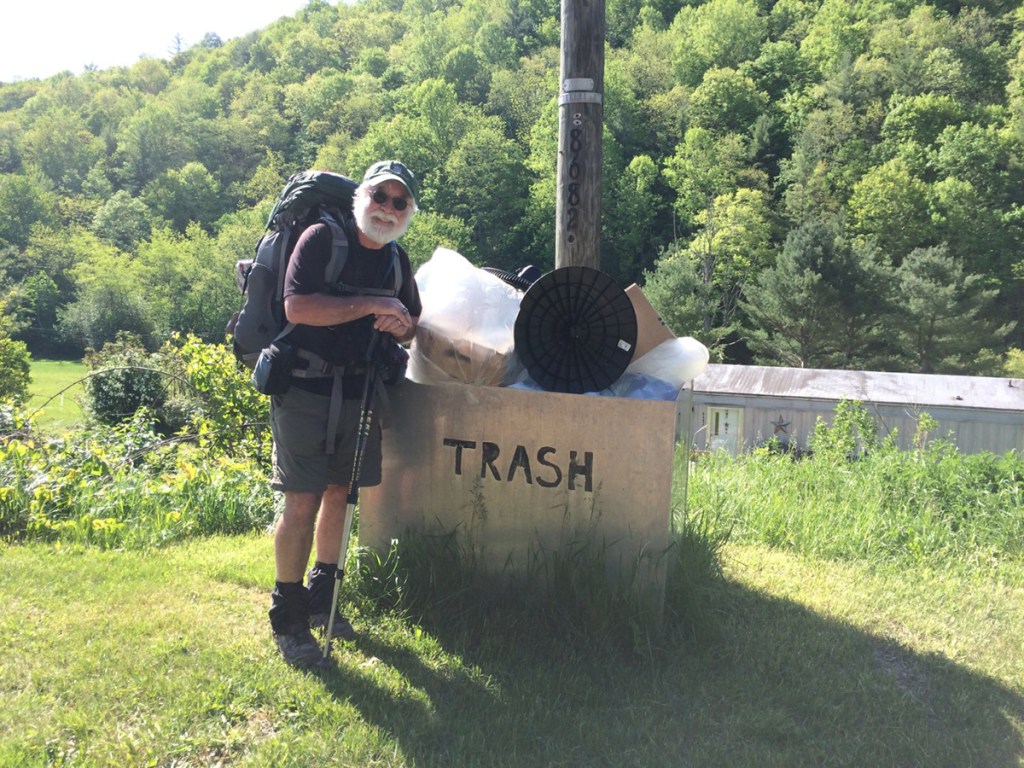
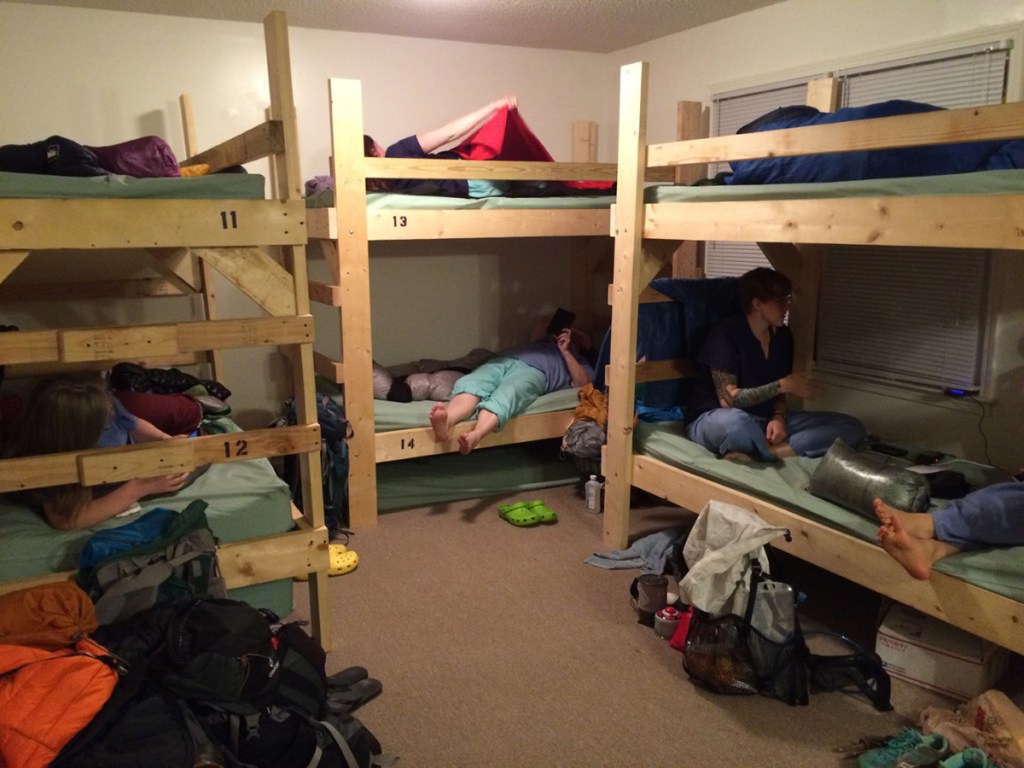
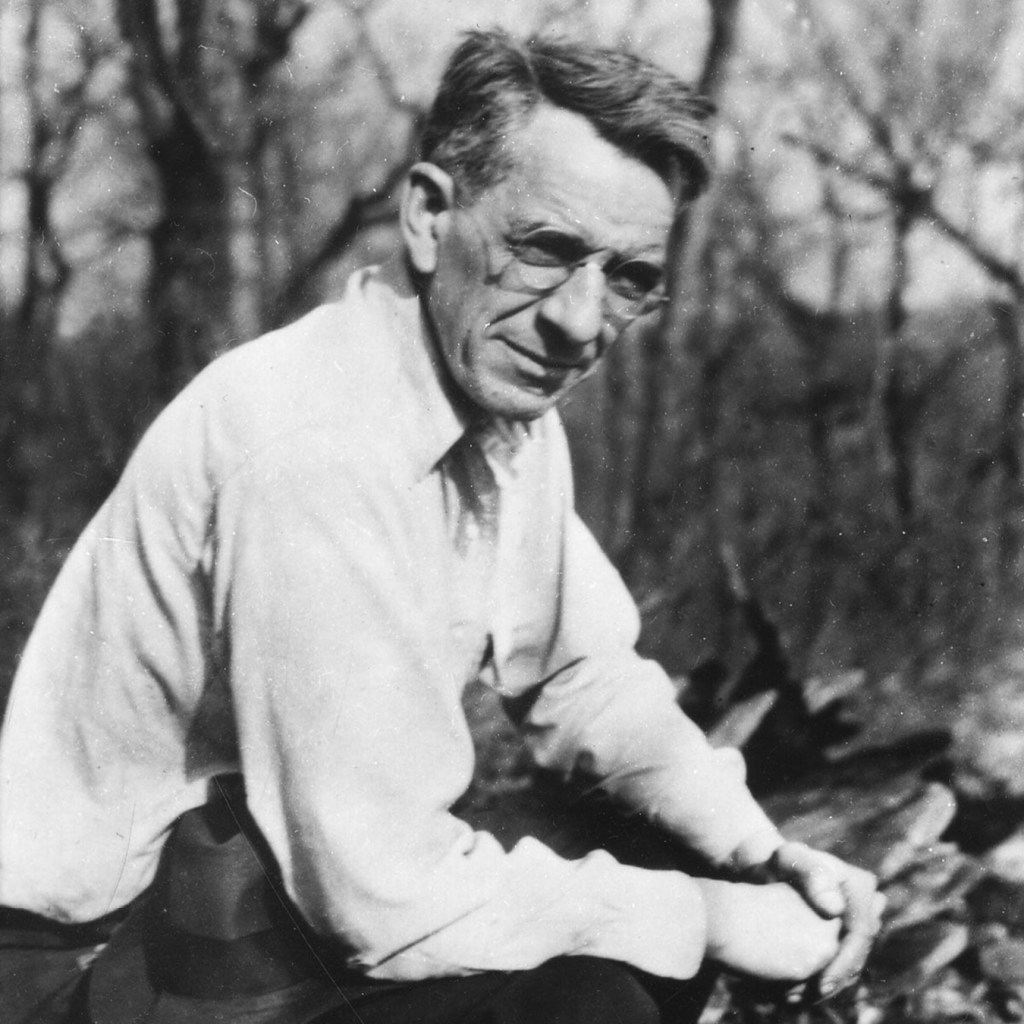
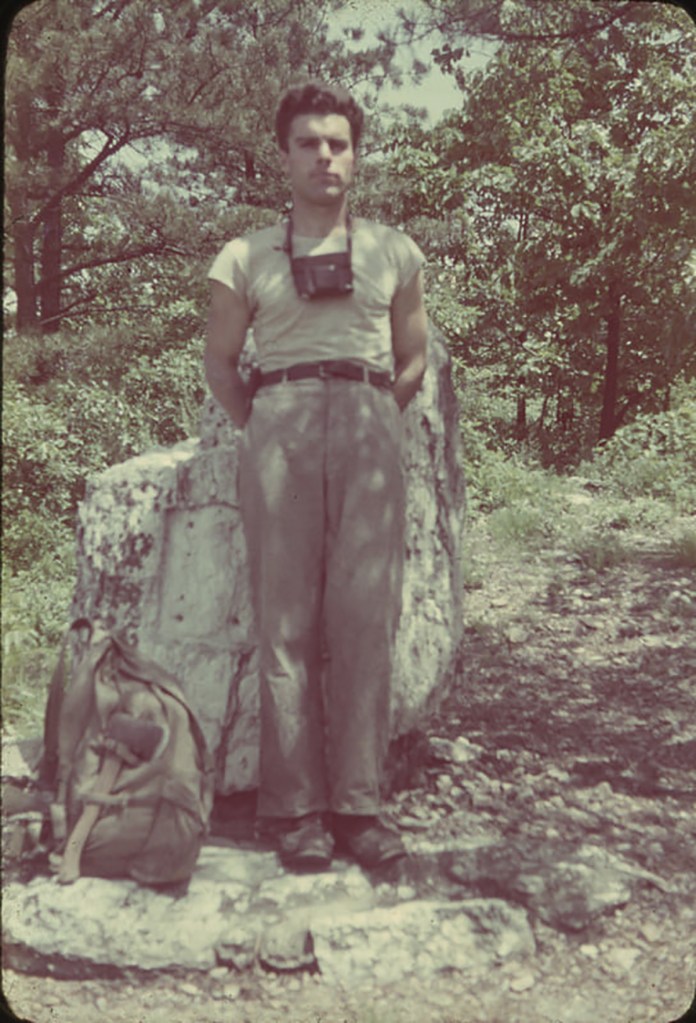
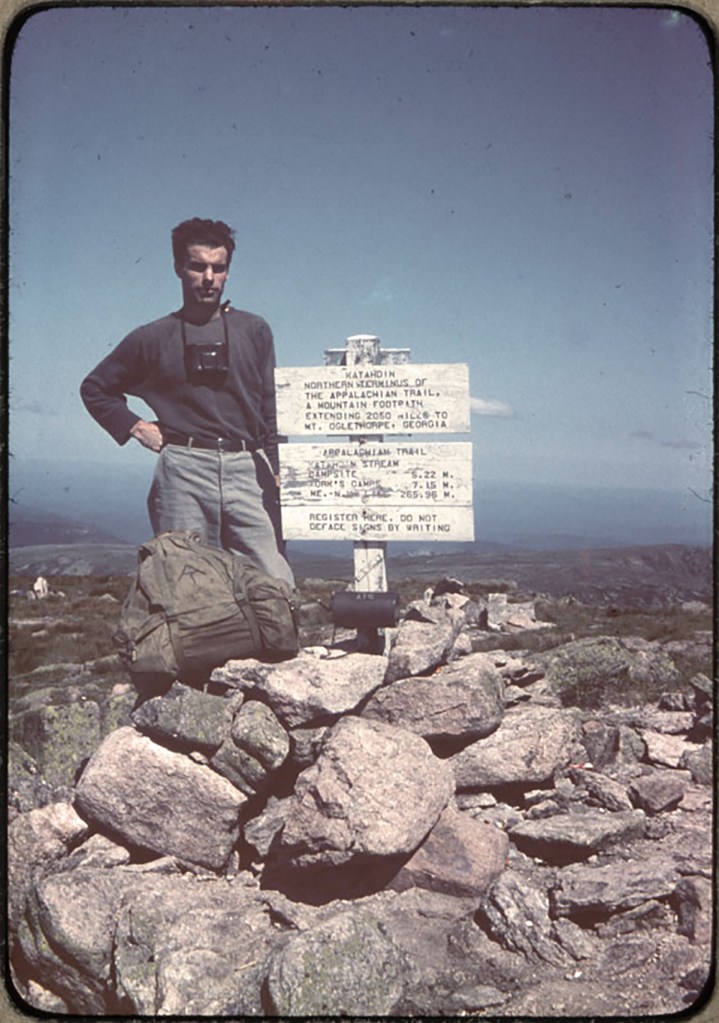
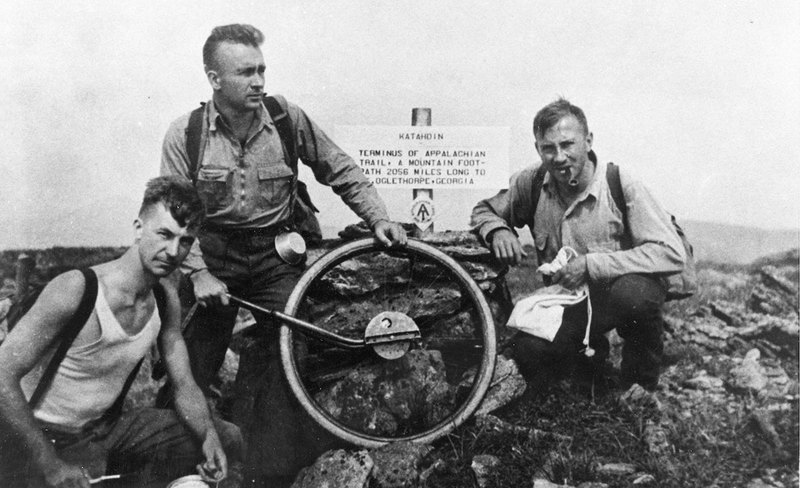
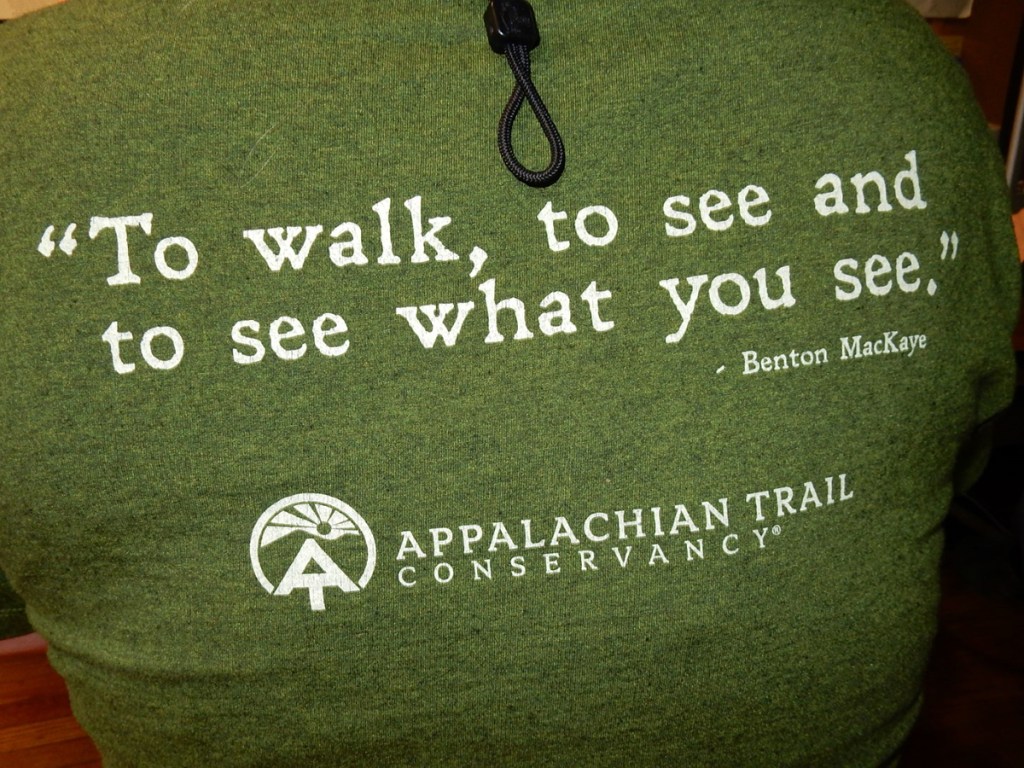
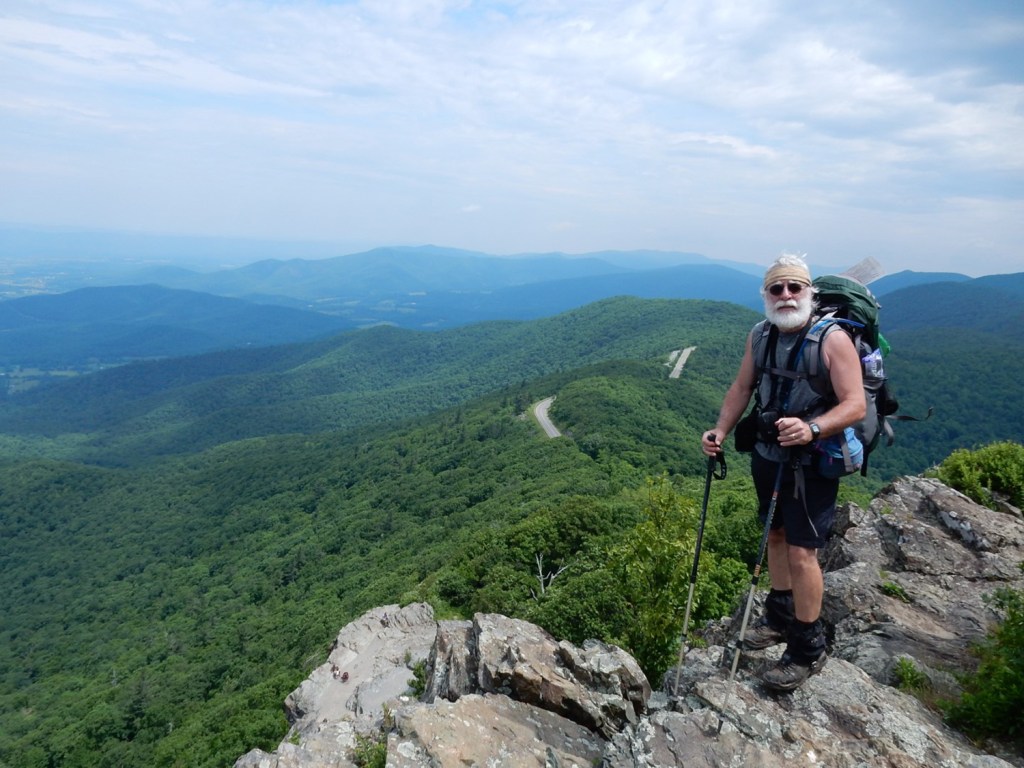
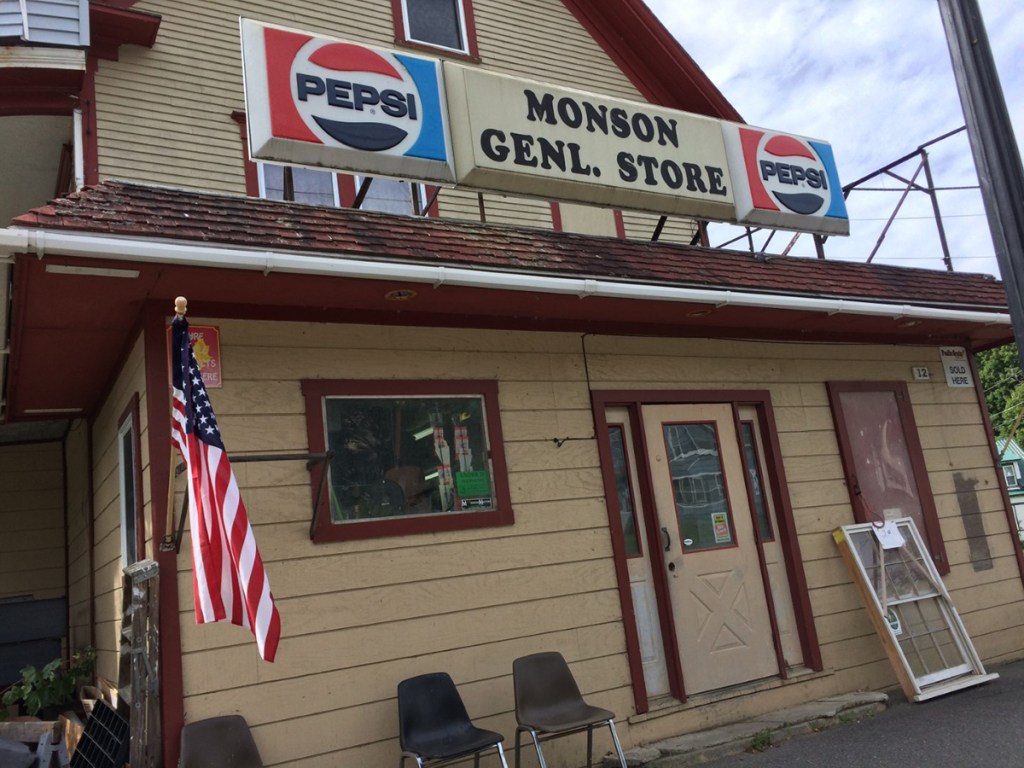
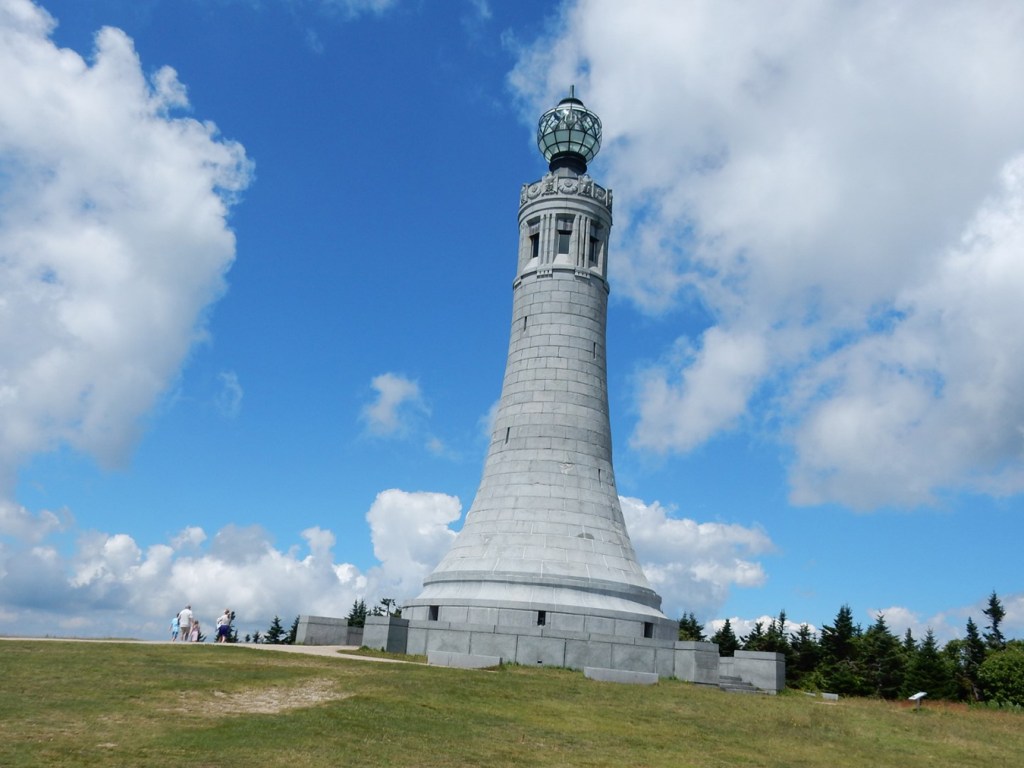
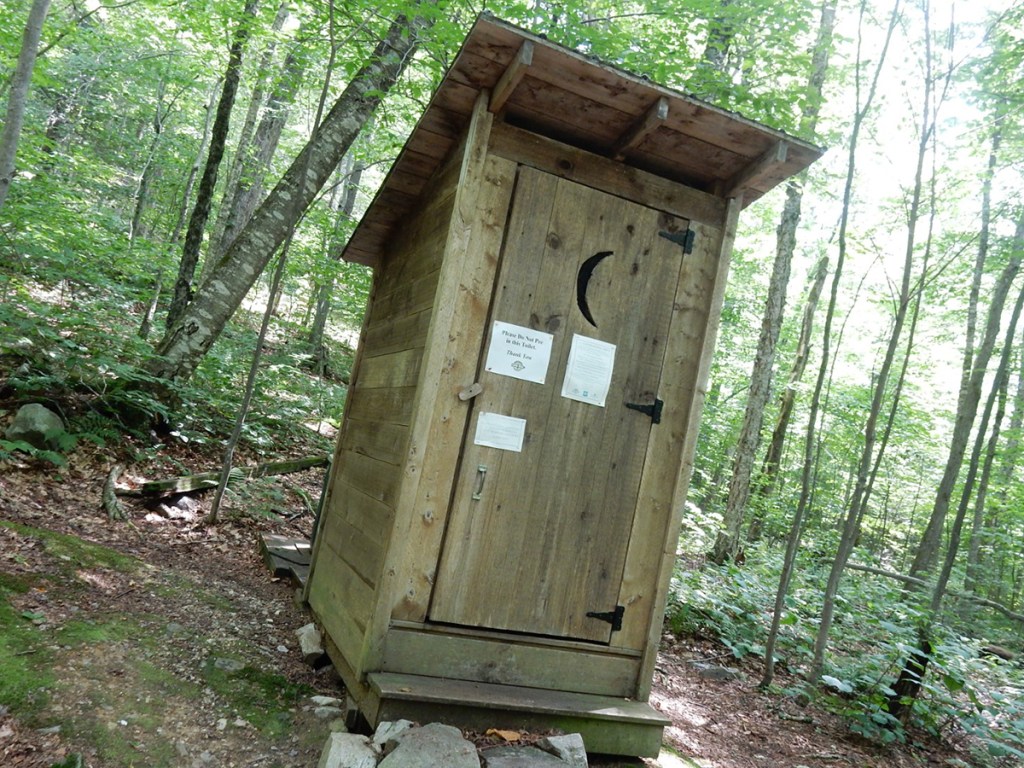
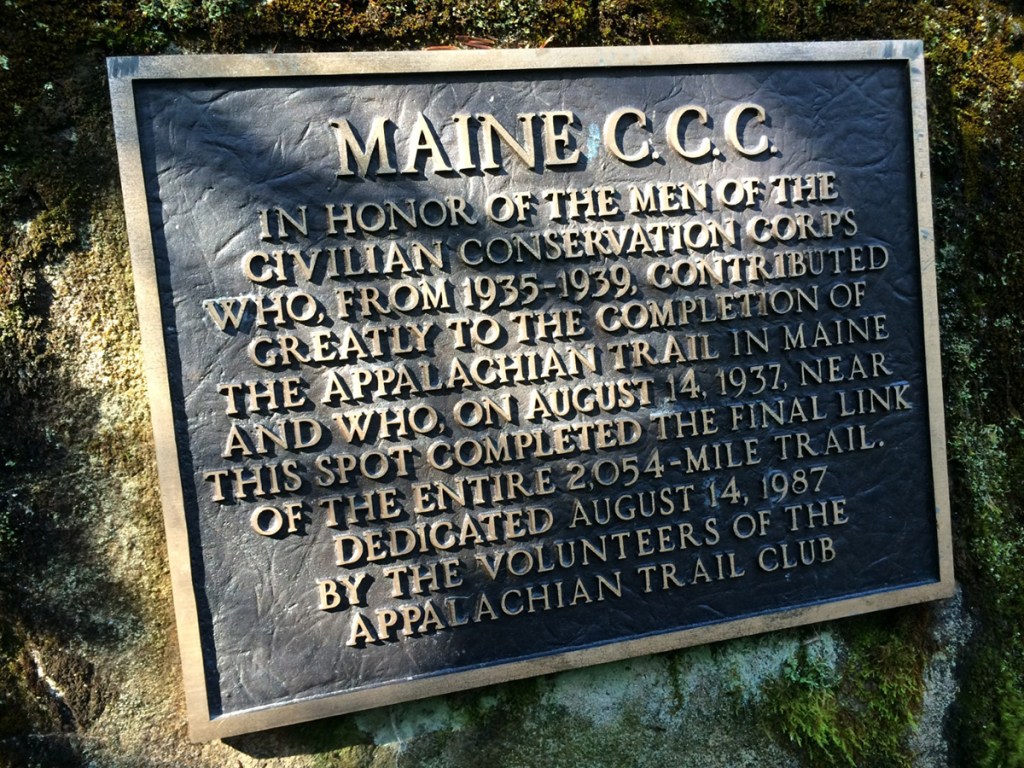
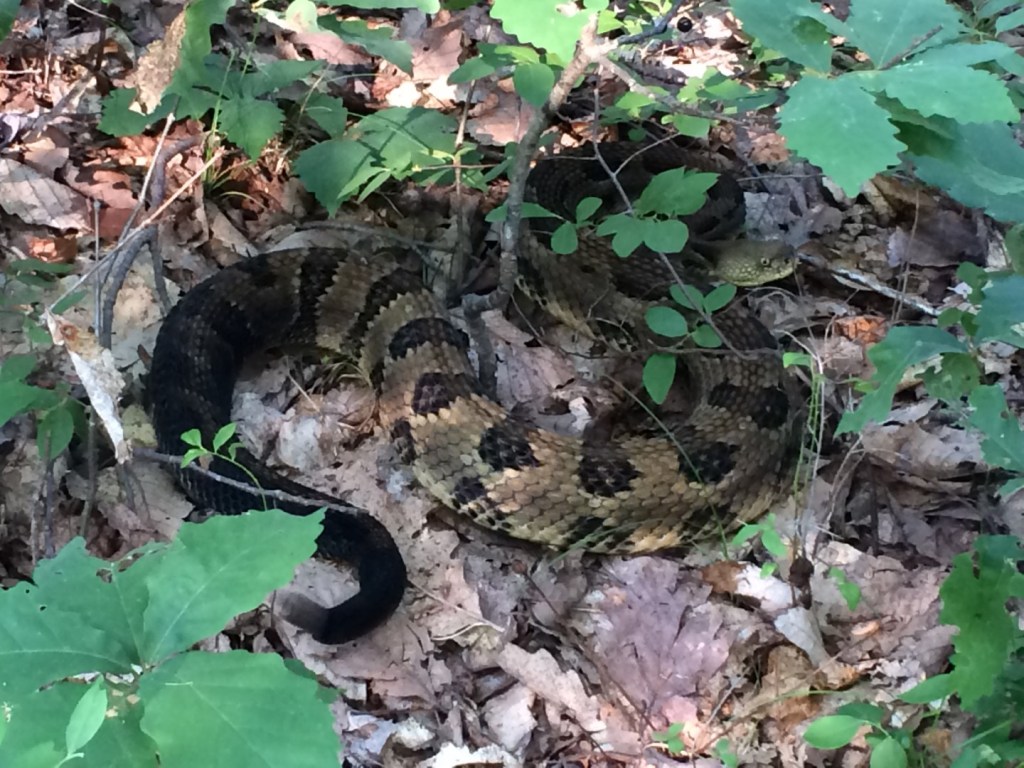
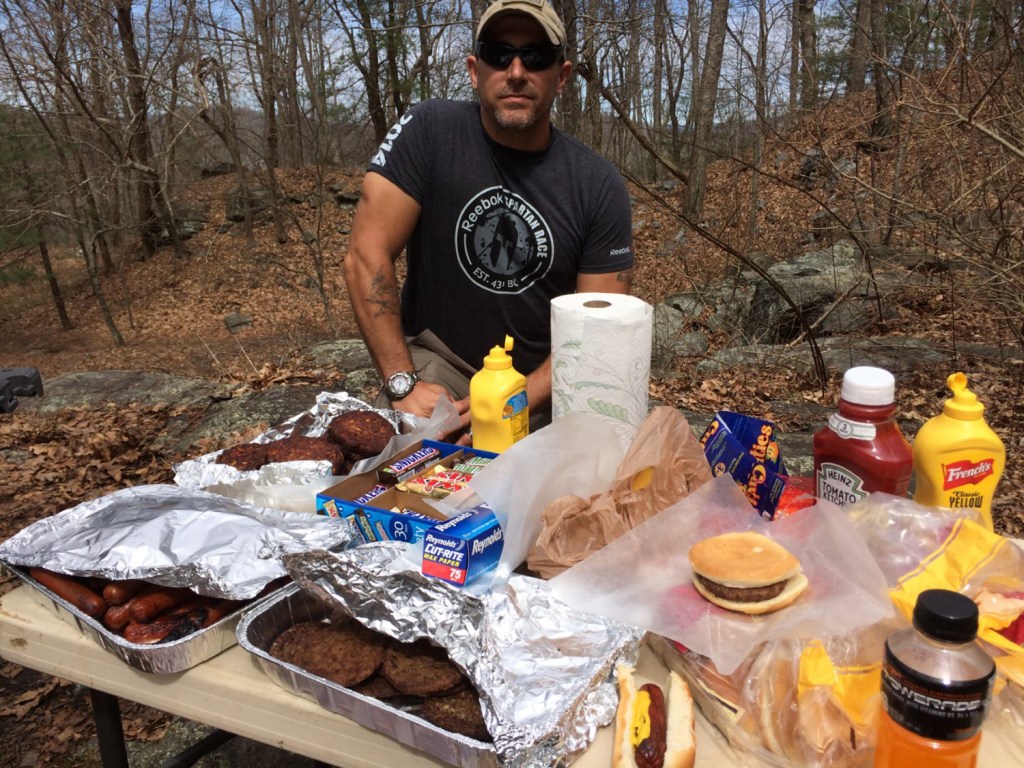
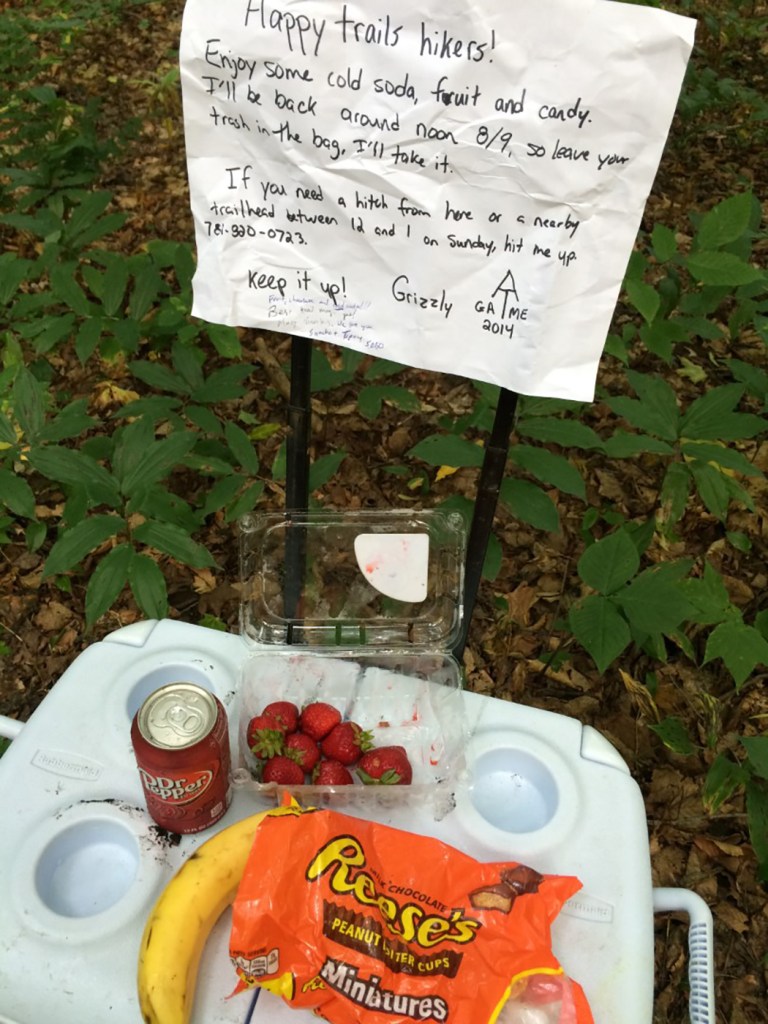
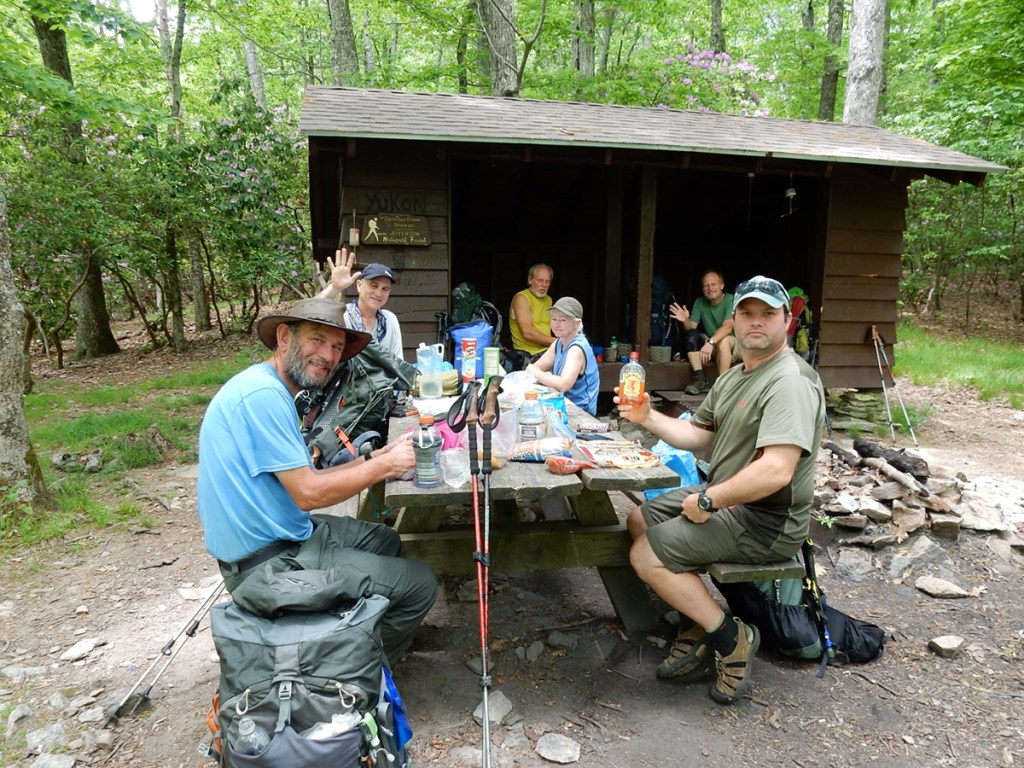
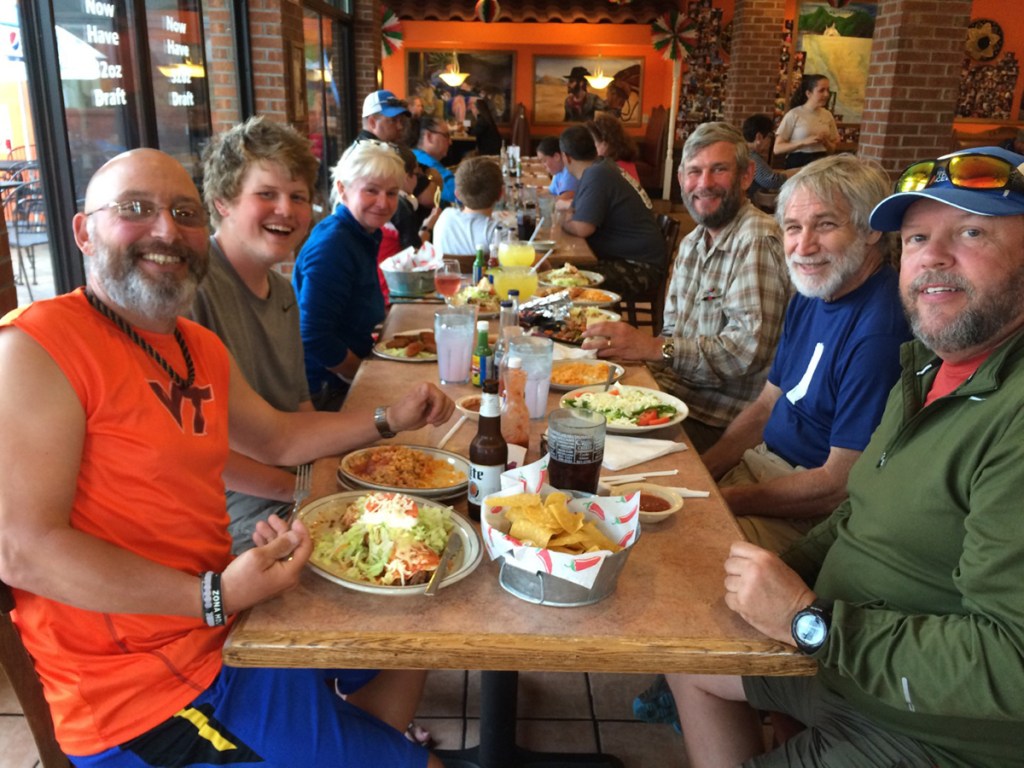
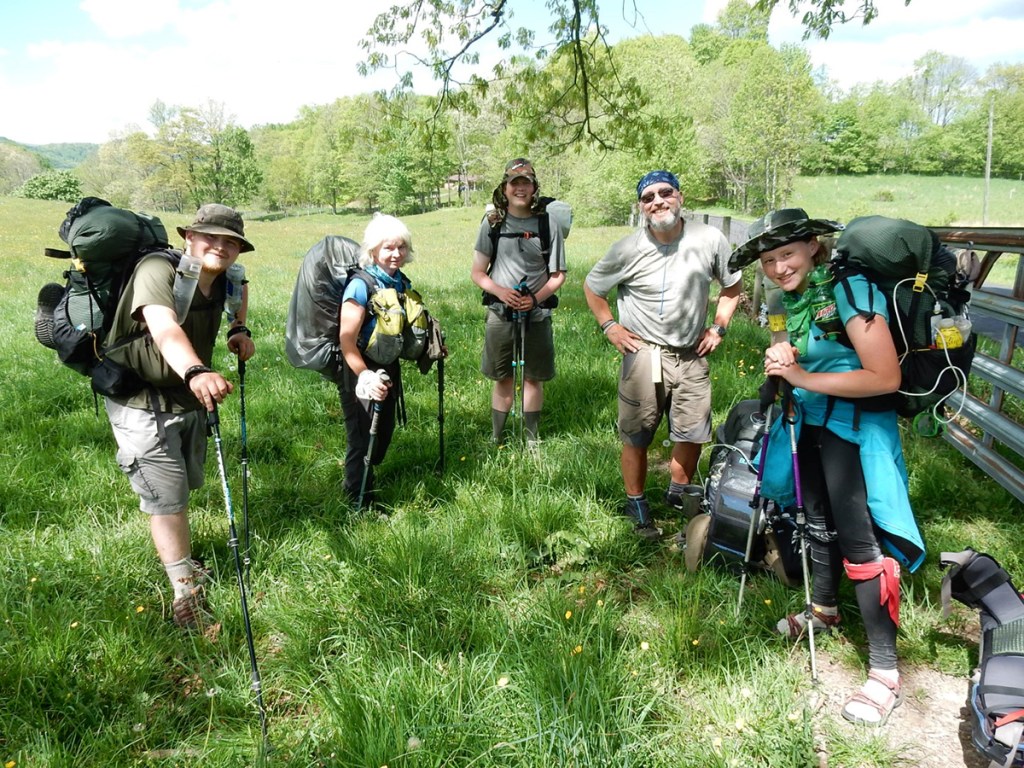
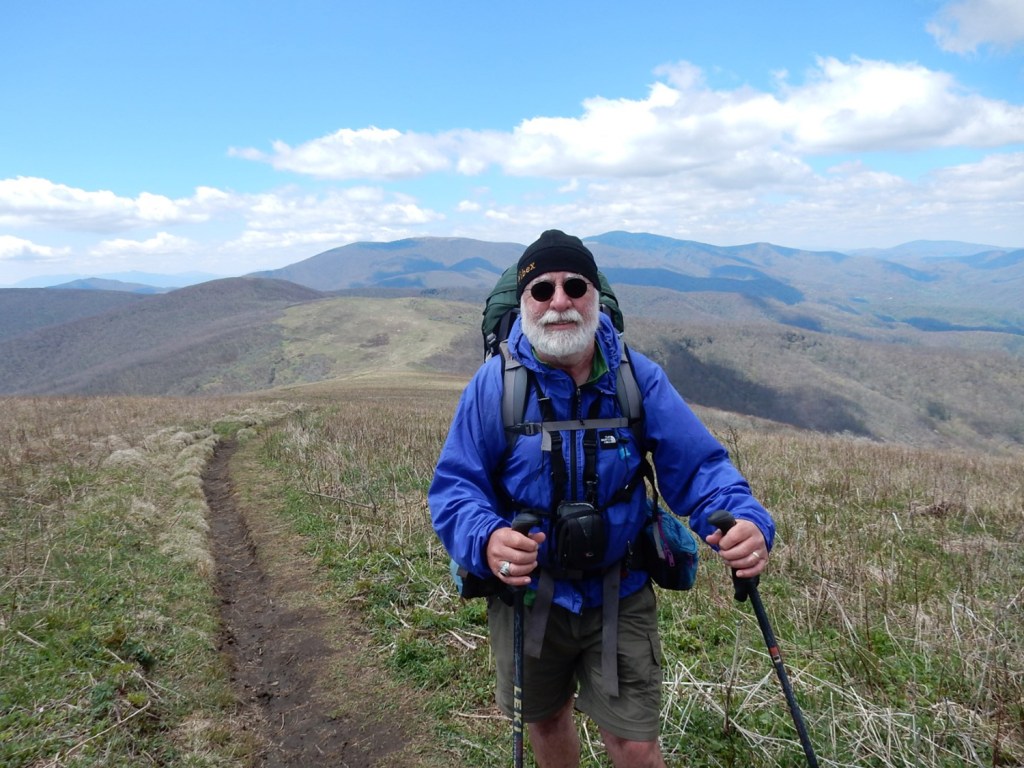

Success. Please wait for the page to reload. If the page does not reload within 5 seconds, please refresh the page.
Enter your email and password to access comments.
Hi, to comment on stories you must . This profile is in addition to your subscription and website login.
Already have a commenting profile? .
Invalid username/password.
Please check your email to confirm and complete your registration.
Only subscribers are eligible to post comments. Please subscribe or login first for digital access. Here’s why.
Use the form below to reset your password. When you've submitted your account email, we will send an email with a reset code.